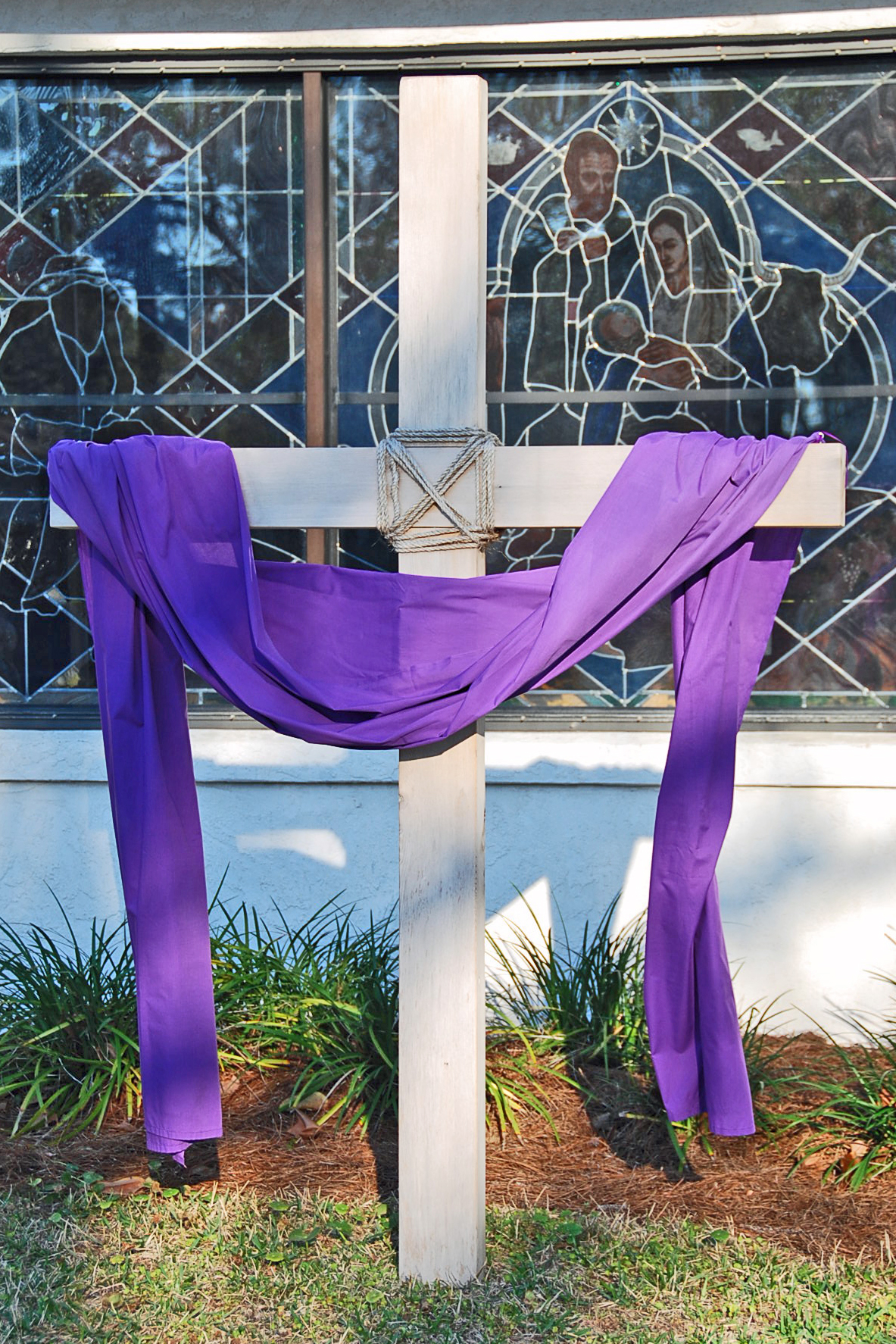The remaining readings in this section will explore various aspects and subsidiaries of prayer, repentance, self-denial, and watchfulness. They are meant as ruminations and explorations of what a life wholly devoted to Christ should look like. Think of them as pieces of advice for how best to change into the person God wants you to become.
A person’s wisdom yields patience;
it is to one’s glory to overlook an offense.
Proverbs 19.11
I think I do a pretty good job of overlooking the thoughtless things people often say and do. I have learned to smile and nod, making up some excuse for their behavior. I am mostly happy with that approach, but sometimes it tires me out and I revert to a more confrontational version of myself. In those moments, I usually say something like: Why did you think that was okay? That embarrasses people and forces them to consider how they come across. I don’t like that approach, though, because it embarrasses them. I don’t want anyone to feel humiliated or shamed around me. The benefit of their considering how they come across is overshadowed by their fear of looking stupid. So mostly it’s just not worth it.
My real trouble comes later, driving home, sitting in my office or lying down at night. It’s then that I find my aggression kicking in. I re-play the scenario over and over in my head. In those replays, I say clever things and have sharp retorts. I am courageous and convicting, and instead of being embarrassed, my adversaries turn to repentance and make amends for their wrongdoing. I am the hero, the prophet, and the sage, and the only people nodding and smiling are the crowds, the endless crowds of onlookers and appreciators.
It appears I am still quite childish with my spiritual fantasies.
To my credit, though, I am usually quick to diagnose what’s going on and smack some sense into myself. I remind myself that if the offense was really that bad, I should have dealt with it in the moment. Now the moment has passed. The event has concluded. And the only person responsible for any present hurt is me.
I like to think of this progression, from offense to anger to replay to release, as holy indifference, the spiritual discipline of recognizing that not everything is a big deal. People say mean things sometimes, and rarely do they mean them to the full degree. So? Are you going to spend time being angry about that? Are you going to let those words fester? Are you willing to let those things steal your life, energy, and joy?
People do foolish things sometimes, and the consequences of their folly are often meted out upon those closest to them. So? Deal with it and move on.
But that advice is easier to give than to accept, and it’s easier to accept than to put into practice. We know we should move on, we know we shouldn’t stew over some petty grievance or workplace slight, but we do anyway. We nurse our grudges, keeping them close. They feed off us, weakening our spirits and draining our mental and emotional resources, but we are maternally protective of those grudges and take a perverse delight in watching them grow into their adolescence. We love our grudges because they enable us to pretend we’re victims, and victims never have to account for their anger. The victims’ anger is always justified. So is their hate. And they are excused for their refusal to move on.
But we need to move on. We need to move past our grudges. We need to keep short accounts. We need to purge our memories and our pride every day. We need to acknowledge that most things simply are not worth the energy it takes to get over them.
This post is from Seasons of Christian Spirituality.
fossores
Related posts
Categories
Category Cloud
Tag Cloud
Recent Posts
- Victors and Victims November 6, 2018
- 3 Hacks for Happiness October 29, 2018
- Hope Against Death September 20, 2018
- The Shape Of The Cross September 19, 2018


